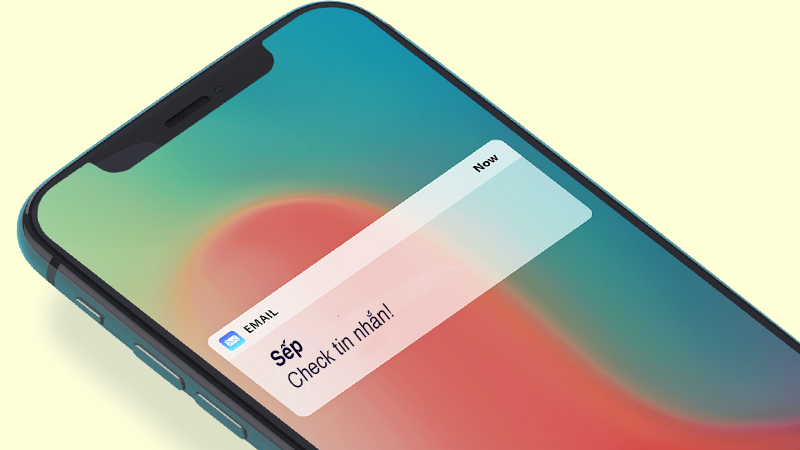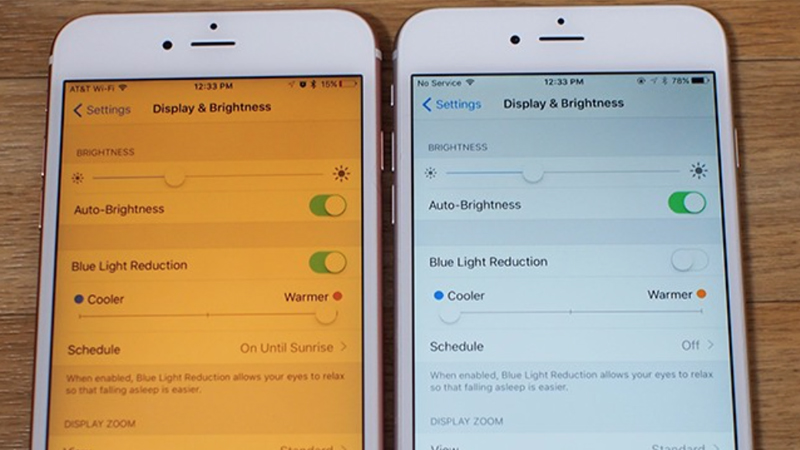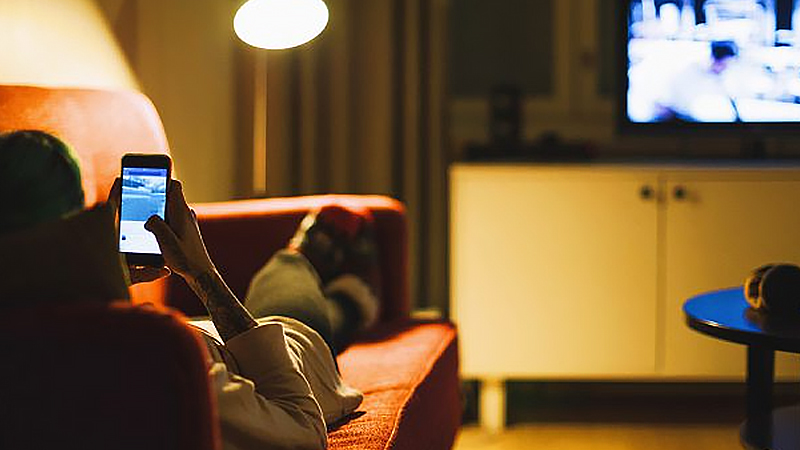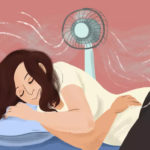In today’s digital age, it’s common for people of all ages to use their phones before bed. Despite the well-documented harmful effects of pre-sleep phone usage, the allure of social media, games, and news can be hard to resist.
According to sleep expert Rafael Pelayo from Stanford Health Care, phone usage itself isn’t the direct cause of insomnia, but rather, the type of content we consume that affects sleep quality. Stressful or anxiety-inducing content can lead to a restless night.
Here are some tips to help you use your phone without sacrificing a good night’s rest:
1 Be Selective with Notifications
Pelayo suggests using your phone as a tool to wind down by checking tomorrow’s weather, asking friends a question, or choosing a morning workout routine. Avoid work emails or anything that induces stress. It’s essential to keep your brain relaxed and calm before sleep.

2 Switch to Warm Screen Tones
Rebecca Robbins, a lecturer at Harvard Medical School, explains that our brains interpret the light from phone screens as sunlight. She recommends enabling night mode on your phone to shift the screen’s color temperature to warmer tones.

Most smartphones now have a built-in Night Mode setting, or you can download an app with a similar function. Robbins suggests making this shift around sunset or one to two hours before bedtime.
Reference:
3 Be Mindful of Social Media Usage
While there’s nothing inherently wrong with using social media before bed, the content you encounter can be unpredictable and sometimes jarring. Unexpected shocking news or disturbing content can disrupt your sleep.

Limit your social media usage before bed, and if you do engage, be selective about the pages and content you follow. Opt for relaxing and meditative content to set a peaceful tone for sleep.
4 Explore Meditation, Storytelling, or ASMR
Meditation apps like Headspace, Shine, and Calm can guide you through relaxing meditations to prepare your mind for sleep. Similarly, storytelling apps or ASMR videos can help you unwind and drift off.
 ASMR videos are popular among young people looking to improve their sleep.
ASMR videos are popular among young people looking to improve their sleep.
5 Set a Bedtime Alarm
Use your phone’s alarm to remind yourself to stop scrolling and put the phone away. A bedtime alarm can help you maintain a consistent sleep schedule and avoid losing track of time while on your phone.
Pelayo emphasizes that the ultimate goal of pre-sleep phone usage is to achieve a sense of relaxation. Different people have different tolerances, so if you can watch TikToks or listen to horror stories and still feel calm, that’s okay, as long as your sleep isn’t affected.
Remember, your phone is just a tool. Don’t let it control your sleep habits!
Tips for Keeping Cool on a Hot Summer Day
As extreme weather patterns become increasingly common, many are struggling to find ways to cope. With temperatures in our country rising and cooling far beyond what used to be considered normal for the season, winter often feels like spring and summer can be oppressive and sweltering. How can we prepare for and manage the drastic shifts in climate?





































